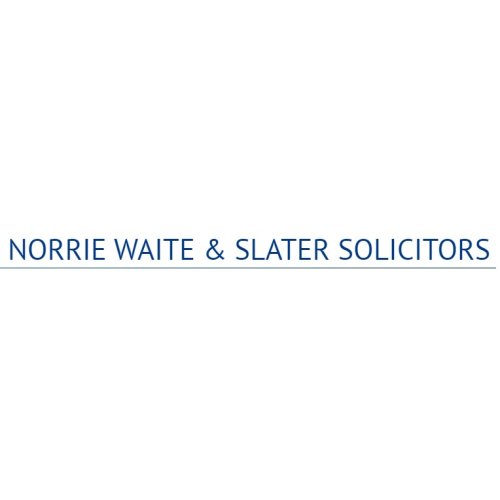Best Land Use & Zoning Lawyers in Killamarsh
Share your needs with us, get contacted by law firms.
Free. Takes 2 min.
Free Guide to Hiring a Real Estate Lawyer
List of the best lawyers in Killamarsh, United Kingdom
About Land Use & Zoning Law in Killamarsh, United Kingdom
Land use and zoning law in Killamarsh, United Kingdom, dictate the ways in which land and property within the area can be utilized. Whether for residential, commercial, or agricultural purposes, every piece of land is subject to the municipality's land use and zoning laws. It aims to ensure that property developments conform to a strategic plan, which is designed to limit conflicts between different land use and to protect the interest of the residents.
Why You May Need a Lawyer
You may require legal help in land use and zoning matters when embarking on a construction project, whether it's a residential home or commercial building. Confirming the permitted uses for your land or understanding how zoning regulations might affect your property development plans could require legal interpretation. Disputes could arise involving boundary lines, easements, or zoning restrictions. It's also common for individuals to consult a lawyer when they want to apply for zoning variances or permits, or if they want to object to proposed development projects that might negatively affect their property.
Local Laws Overview
The local laws for land use and zoning in Killamarsh, United Kingdom are primarily governed by the North East Derbyshire District Council. The council's policies are aimed at managing land-use and development throughout the district. It's important to understand the specifics of these policies, which may include restrictions on building heights, requirements about facilities like parking, restrictions on certain businesses or activities, and requirements for ecological sustainability.
Frequently Asked Questions
What is a zoning variance?
A zoning variance is a deviation from the set zoning regulations granted by the council. If a regional zoning law prevents a proposed use of a property, the owner can apply for a variance.
How can I oppose a proposed development?
If a proposed development might have a negative impact on you or your property, you might have the right to object. This mostly involves submitting a formal letter of objection to the local planning authority, outlining the reasons for objection.
Can I change the zoning on my land?
To alter the zoning of your land, a zoning amendment or rezoning request must be submitted and approved by the local planning authority. However, this can be a complicated process with no guaranteed success.
What are planning permissions?
Planning permissions are the consent of the local planning authority needed to carry out development. It's crucial to obtain these permissions before beginning any major work.
What happens if I violate zoning laws?
If you violate zoning laws, you may be subject to fines, legal actions, and potentially forced to undo the work carried out. It's important to understand and abide by the zoning laws associated with your property.
Additional Resources
You may find the North East Derbyshire District Council's website to be a valuable resource. It provides access to local zoning ordinances and maps, information about planning permissions, and relevant contact details. You may also find information from the Planning Portal of the UK Government, which offers guidance and updates on national planning policies.
Next Steps
If you require legal assistance with a land use and zoning matter, the first step is to consult with a professional who is well-acquainted with local laws - this could be a solicitor or a land use attorney. They can guide you through the process, provide valuable advice, and represent your interests when necessary. Always ensure you understand the zoning laws and regulations associated with your property to avoid potential issues.
Lawzana helps you find the best lawyers and law firms in Killamarsh through a curated and pre-screened list of qualified legal professionals. Our platform offers rankings and detailed profiles of attorneys and law firms, allowing you to compare based on practice areas, including Land Use & Zoning, experience, and client feedback.
Each profile includes a description of the firm's areas of practice, client reviews, team members and partners, year of establishment, spoken languages, office locations, contact information, social media presence, and any published articles or resources. Most firms on our platform speak English and are experienced in both local and international legal matters.
Get a quote from top-rated law firms in Killamarsh, United Kingdom — quickly, securely, and without unnecessary hassle.
Disclaimer:
The information provided on this page is for general informational purposes only and does not constitute legal advice. While we strive to ensure the accuracy and relevance of the content, legal information may change over time, and interpretations of the law can vary. You should always consult with a qualified legal professional for advice specific to your situation.
We disclaim all liability for actions taken or not taken based on the content of this page. If you believe any information is incorrect or outdated, please contact us, and we will review and update it where appropriate.








